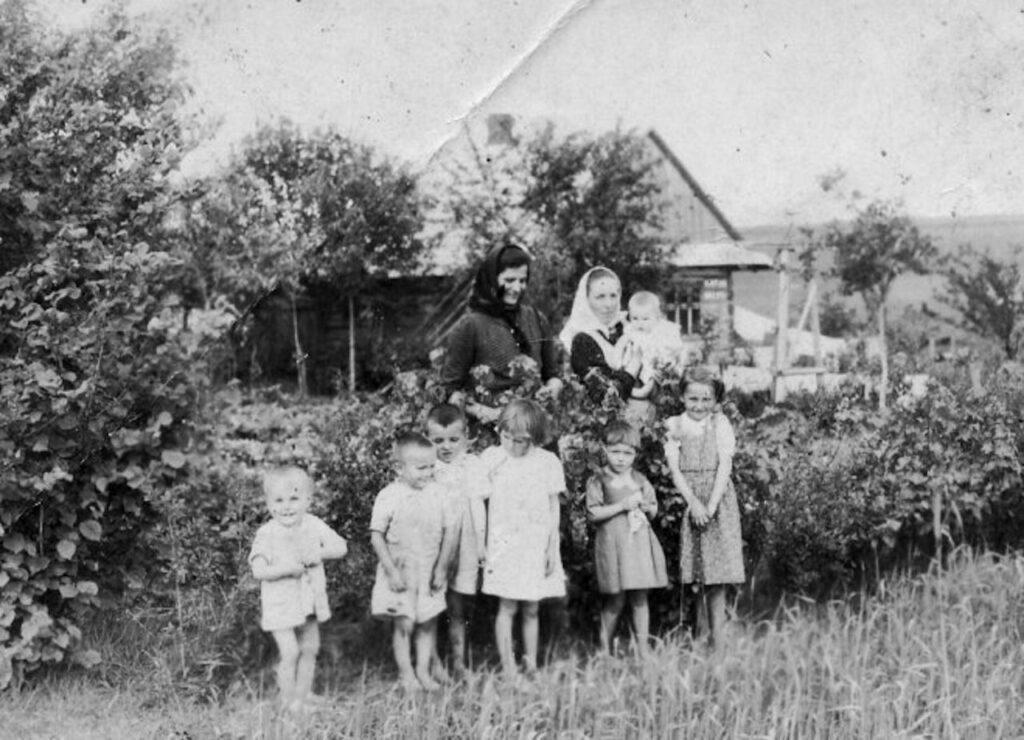(OSV News) — For Father Witold Burda, the postulator of the canonization cause of the Ulma family, the last six years of his life have been a unique journey. In a conversation with OSV News, Father Burda shares the joys and challenges leading to the Sept. 10 beatification of these Polish martyrs in Markowa, Poland, the family’s home village. The process in many aspects has been unprecedented: For the first time in church history, a child born during the murder of the mother will be beatified, along with the child’s six siblings and parents, Józef and Wiktoria Ulma. The interview was conducted in Polish and translated into English. It has been edited for clarity and length.
OSV News: Father, what has it been like to work on such a unique beatification process?
Father Witold Burda: Actually, I can’t really describe it. It is a mix of joy and gladness. There is also gratitude. There is also the feeling of bestowal. I feel that I am endowed with such an opportunity, a chance, the grace of meeting the Ulma family every day, talking to them, staying with them and learning about the beauty of their lives in such ordinary everyday life. Because this is such a special feature of their path to holiness, to later, to the pinnacle of holiness.
OSV News: What have you learned about the Ulma family during this process, which started in 2017. What surprised you?
Father Burda: It is the way they experienced their daily life. They were immersed in everyday life. They were not looking for some other reality, not running away from the world, but instead immersed in it. Through such a way of life, they all the more discovered the beauty and depth of their everyday life. I think of what kind of parents they were, how they loved their children in such a mature, responsible, beautiful way, how they raised them … in this very difficult period of World War II.
It is sometimes said that they behaved downright irresponsibly by taking in all these Jews. After all, they risked their lives, the lives of their children. And Wiktoria was soon expecting the birth of this next, seventh child. Well, it’s precisely the opposite. In their lives you can see a deep desire to live. They very much wanted to live … constantly discovering the Lord God, the beauty of everyday life, the beauty of life.
And in this, I would like to emphasize three things. First of all, it is their kindness. Let’s look at the fact that each of us feels so comfortable with people we know to be good. We don’t have to describe them at all, we don’t have to explain, we don’t have to justify that we think this person is good. We just know that they are good, and we are so eager to spend time with them.
The Ulmas’ kindness is such an extremely endearing quality, but what makes it all the more endearing is that true kindness is also humble. She doesn’t make a noise around herself. A person is good because it is simply worth being a good person, because it is goodness that sculpts me, transforms me, shapes me. And I naturally share this goodness. Without imposing, without making some kind of publicity around myself. And finally, complementing these two qualities is selflessness. This is something absolutely unique. They did not seek retribution, they did not seek praise.
Their house was always open. I like to imagine knocking on their door. And the closer I get, the more I hear those children there. Laughter. The joy, a house full of life. And then there is this one aspect of the presence of one person who is absolutely special. This is Wiktoria. Always so very warm, as witnesses to her life recall. A gentle woman, very sensitive, very available. In a way, I love spending time with her. And then Józef, very serious in some of the photos, but at the same time a man with a kind sense of humor. But also never pushy, not imposing. As they made this decision to hide Jews, they made it together. No one forced it on anyone; they supported each other in this decision together.
OSV News: It was a dramatic decision knowing they risked the lives of their children, yes?
Father Burda: Indeed — we have a family, we have such modest conditions and this rampant terror on the part of the German occupier with all the consequences associated with any help given to the Jews. And we also have one single motivation, that is flowing from faith in Christ and Christian love of neighbor. This is the answer and this is this true spiritual code of the Ulma family: a deep, living faith; a commitment to the Word of God. There are two underlined verses in the Bible found in their home, and they’re under the title of the parable of the Good Samaritan. It is necessary to speak out about it and even more so about the fact that there is the word “yes” added in pencil next to it. We want to live this way. We want to follow this, this logic, the logic of mercy. We want, like this Samaritan, to stand precisely on the side of those who are denied the right to life by others. At the time human hatred won. But today, with amazement, with humility, we discover that nevertheless love is stronger than hate.
Watch a video on the lives of the Ulma family.
Read more about the story of the Ulma family.
Read about the Ulmas’ beatification Sept. 10, 2023.

